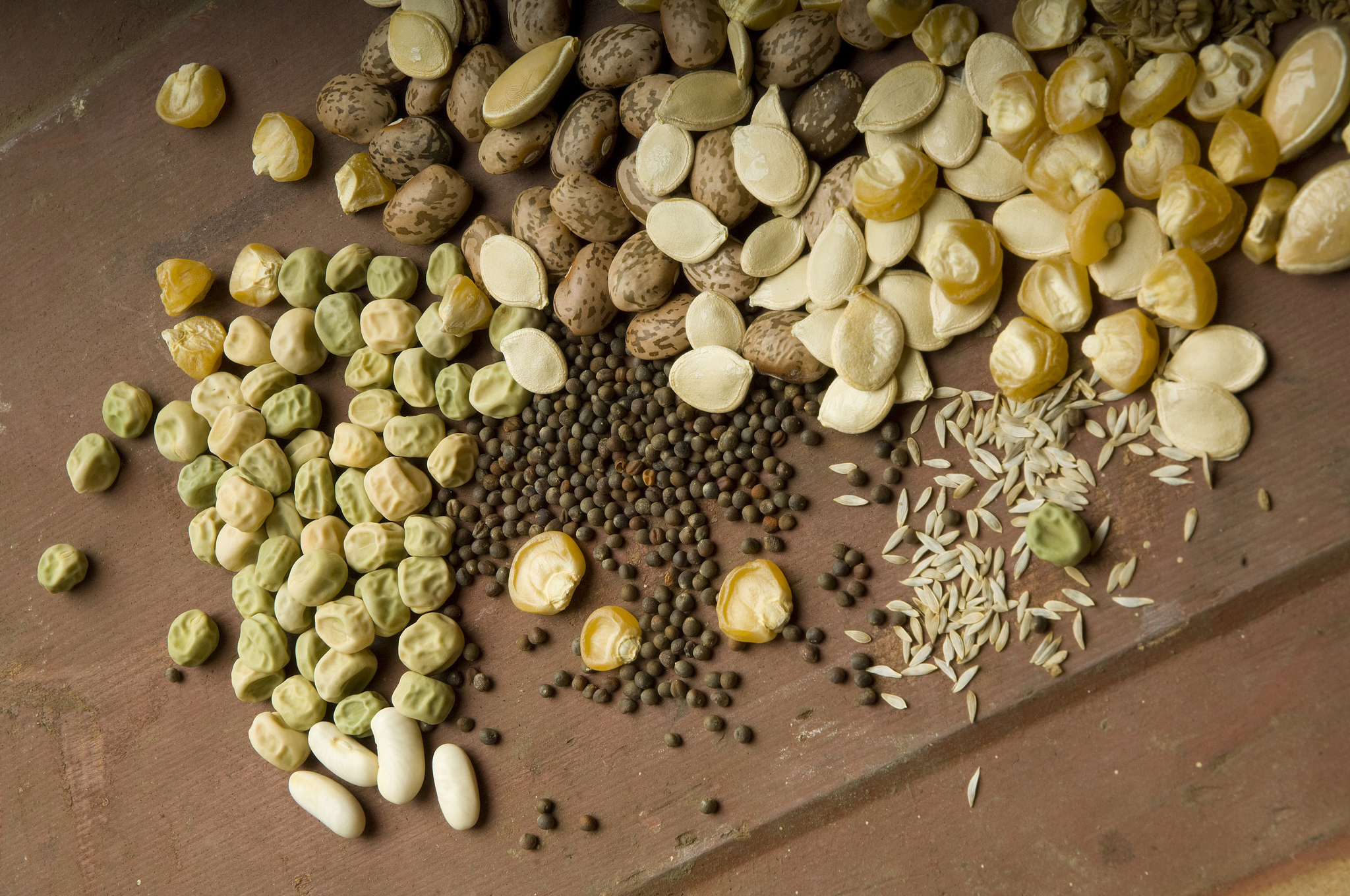Will they or won’t they? That’s the perennial question when you nestle seeds into the soil each spring and wait for sprouts to make an appearance.
Whether you’ve selected and saved seeds from the garden, ordered from a catalog or bought off the rack, they can be a disappointment. But there is a way to minimize your frustration.
“It’s easy to check vegetable and flower seed viability, and it can save you time later when the gardening season begins,” said Ross Penhallegon, a horticulturist with Oregon State University’s Extension Service. “Some seeds remain viable for a year and others for three or more years.”
To find out whether a variety of seed will germinate and grow, Penhallegon suggests the following test:
- Place 10 seeds an even distance apart on a damp paper towel. Roll up the towel and place in a plastic bag.
- Leave the damp, rolled towel in a warm spot. The location’s lighting doesn’t matter.
- After three to seven days, check the paper towel to see which seeds have germinated.
“The percentage of seed germinating in the towel will give you a fairly good idea how the same seed will do in the garden,” he said. “If half the seed did well in the towel, half of the same batch of seed will probably do well in the garden.”
Seed is best stored through the winter at 50 degrees with 50 percent humidity. Place packets in a sealed jar with a desiccant or powdered milk at the bottom to absorb moisture. Keep jars in a cool room or refrigerator. Seed can also be sealed in a plastic bag and stored in the freezer.
Some seed types last longer than others. Here is the average seed life for common homegrown vegetables and flowers:
- Bush and pole beans – 3 years
- Beets – 2 years
- Broccoli, Brussels sprouts, cabbage, cauliflower, kohlrabi – 3 to 5 years
- Carrots – 3 years
- Asian greens – 3 years
- Collard, kale – 3 to 5 years
- Sweet corn – 2 years
- Cucumbers – 3 years
- Leeks, onions – 2 years
- Lettuce – 2 years
- Melons – 3 years
- Parsley – 2 years
- Parsnips – 1 season
- Peas – 3 years
- Peppers – 2 years
- Radishes – 4 years
- Rutabagas – 3 years
- Spinach – 1 season
- Squashes – 3 years
- Swiss chard – 2 years
- Tomatoes – 3 years
- Turnips – 4 years
- Flower seed – annuals are generally good for 1 to 3 years and perennials for 2 to 4 years.
For information on all aspects of seed starting, refer to the Extension publication Propagating Plants from Seed. For information on vegetable gardening, check out Growing Your Own.

